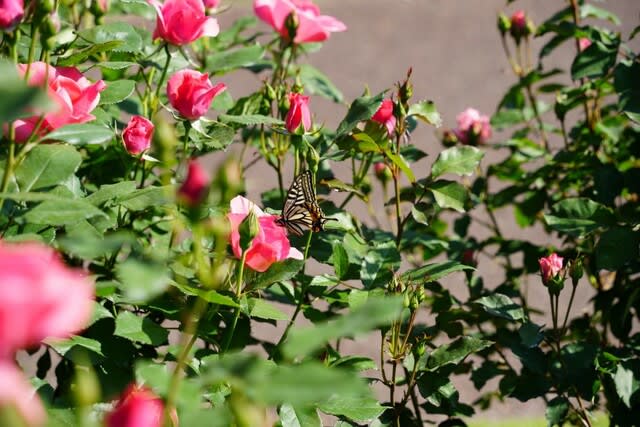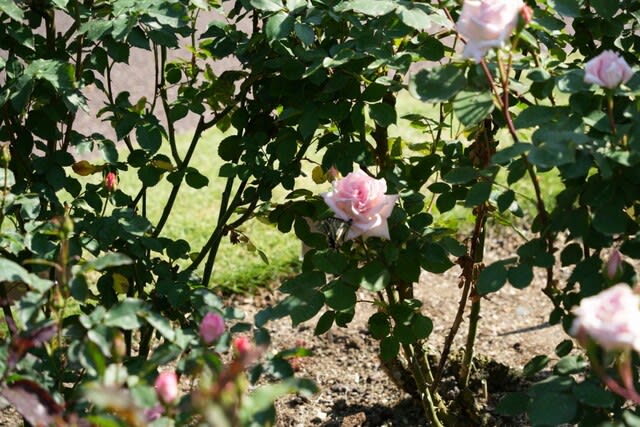The following is from a serialized discussion between Mr. Tsutsumi Gyo and Koshi Kubo in the April 26 issue of the monthly magazine Hanada.
It is a must-read not only for the people of Japan but also for people around the world.
It is the critical difference between Kishida and Abe
Preamble omitted.
Kishida's speech is totally different from Abe's speech.
Editorial.
On April 8, Prime Minister Kishida visited the U.S., and on April 11, he addressed a joint session of the U.S. House and Senate in Washington.
Tsutsumi.
I watched it in real-time in the middle of the night.
Kubo
How did it compare with Abe's speech?
Tsutsumi
No, no, there is no comparison.
During Abe's speech, the Speaker of the House, Boehner, shed tears behind him.
It was such a moving speech.
The staging of the speech was well thought out and skillfully executed. Yoshitaka Shindo, grandson of Tadamichi Kuribayashi, the top commander of the Japanese garrison on Iwo Jima, was brought out to the second floor, and an old soldier who fought on the American side was seated next to him. The speaker introduced both of them on the spot.
When the event was over, Diet members rushed to Abe's side.
They were there to get his autograph.
It was a far cry from Kishida's goofy speech.
Kubo
Kishida's English is good, but it shows the worst of returnees.
Nakasone used to say, "I have the nation in me," but Kishida has nothing national in him.
Abe had something stubborn in him inherited from his grandfather, Nobusuke Kishi, but Kishida does not have it, so he makes speeches only with a service mentality, like telling flirtatious jokes.
After the war, Abe grew up under the influence of Nobusuke Kishi, a war criminal who was forced to turn to disguise tenkō, but who continued to have the desire to "Just you wait!."
On the other hand, there is probably a difference in quality between him and Kishida, whose uncle was Kiichi Miyazawa, the leader of the Potsdam promotion group to be chosen for his talent as an "English user" after the war.
I remember the dinner at the Denver Summit in 1997.
Ryutaro Hashimoto, then prime minister, arrived at the venue wearing cowboy boots prepared by then-President Clinton and his wife. He went out of his way to roll up the hem of his pants and show them off to the couple.
However, German Chancellor Kohl and French President Jacques Chirac showed up at the dinner in formal attire.
They said, "In our traditional culture, it is not customary to wear boots to a party," implicitly rebuking the American upstart for his misbehavior.
Tsutsumi
Prime Minister Junichiro Koizumi of Sudara also impersonated Elvis Presley in front of President Bush Junior, wearing sunglasses and carrying an electric guitar.
Prime Minister with a colonial stench.
Kubo.
That's not all.
At the beginning of his summit meeting with Bush, the idiot said, "When Japan lost the war, the Japanese thought the U.S. would enslave us. However, the U.S. treated us generously and provided us with food. I firmly believe that the U.S. liberated Japan from the former Japanese army."
In other words, Koizumi was saying that the heroes enshrined at Yasukuni are the villains who illegally imprisoned Koizumi and others and were defeated by the U.S.
This statement is equivalent to saying that the heroes enshrined at Yasukuni are the villains.
Furthermore, when British Prime Minister Tony Blair visited Japan, Koizumi said, "People say you're Bush's poodle dog, but I'm told that when I get in front of Bush, I wag my tail so hard I'll tear it to shreds."
What on earth is Koizumi's intention in bringing himself so low and humiliating himself, and by extension, the Japanese nation and its people?
Bush responded to this series of Koizumi's words and actions by saying, "Koizumi is my faithful sergeant."
I wonder if Koizumi wanted this one word.
It is a relief that he was not called a "servant" (laughs).
This ignorant, vulgar, and disgraceful person is always at the top of the ranking of prime ministers in public opinion polls.
That is the extent of the intellectual level of "public opinion.
The same can be traced back to Toshiki Kaifu.
During his first visit to the U.S., Kaifu gave a lecture at the National Press Club, in which he said, "In the right pocket, there is a dream. On his first visit to the U.S., Kaifu gave a lecture at the National Press Club. He began with the G.I. shoe polish song Hibari Misora sang and continued, "In the right pocket, there is a dream, and in the left pocket, there is chewing gum .......
For the children of the postwar era, gum was a magic food that would not disappear from their mouths, and the G.I.s in the U.S. distributed it to the children in burnt-out areas. The U.S. was a land of dreams and hopes for children.
Kaifu was nicknamed "Bush Phone Kaifu," a play on the word "push," because, during his time as prime minister, he would call Bush to ask for his opinion every occasion.
Koichi Isoda ("The Space of Postwar History," Shinchosha) pointed out the "boundless acceptance and assimilation to the culture of the powerful" that clung to the political leaders of postwar Japan, saying, "It's similar to feminine desire (Nostalgia for Dependence on the U.S. during the Occupation), or "pom-pom girl sensibilities."
Koizumi, Kaifu, and Kishida have the same sensibility.
Their words and actions have a colonial stink to them.
It's a long story, but I'll tell you more (laughs).
Editor
Go ahead (laughs).
I will continue this article.
















